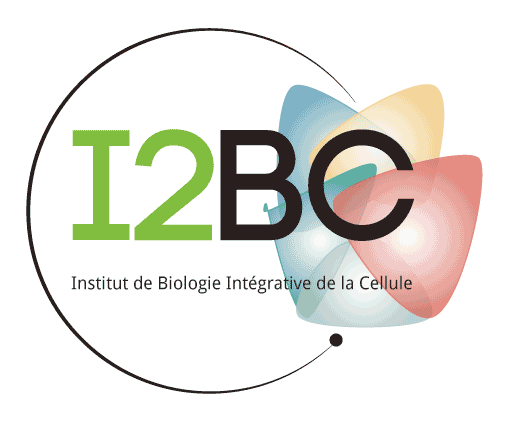
Navigation
| Home page |
| CRISPRs database |
| CRISPRs finder |
| CRISPRs comparison |
Tools
| MyCRISPRdb |
| BLAST CRISPRdb |
| CRISPRcompar |
| CRISPRtionary |
| FlankAlign |
| CRISPRs Utilities |
GPMS Links
| GPMS Team |
| Tandem Repeats DB |
| MLVA Web Service |
External Links
| Tandem Repeats Finder |
| GenomesOnline |
| Cas Genes at TIGR |
| CRISPR plasmids for academic lab research at Addgene |
